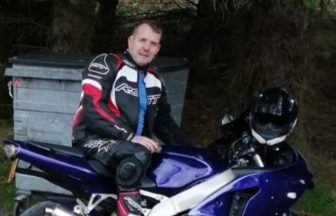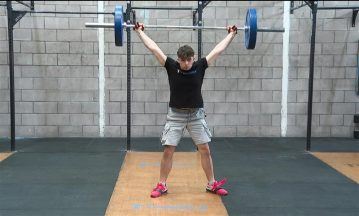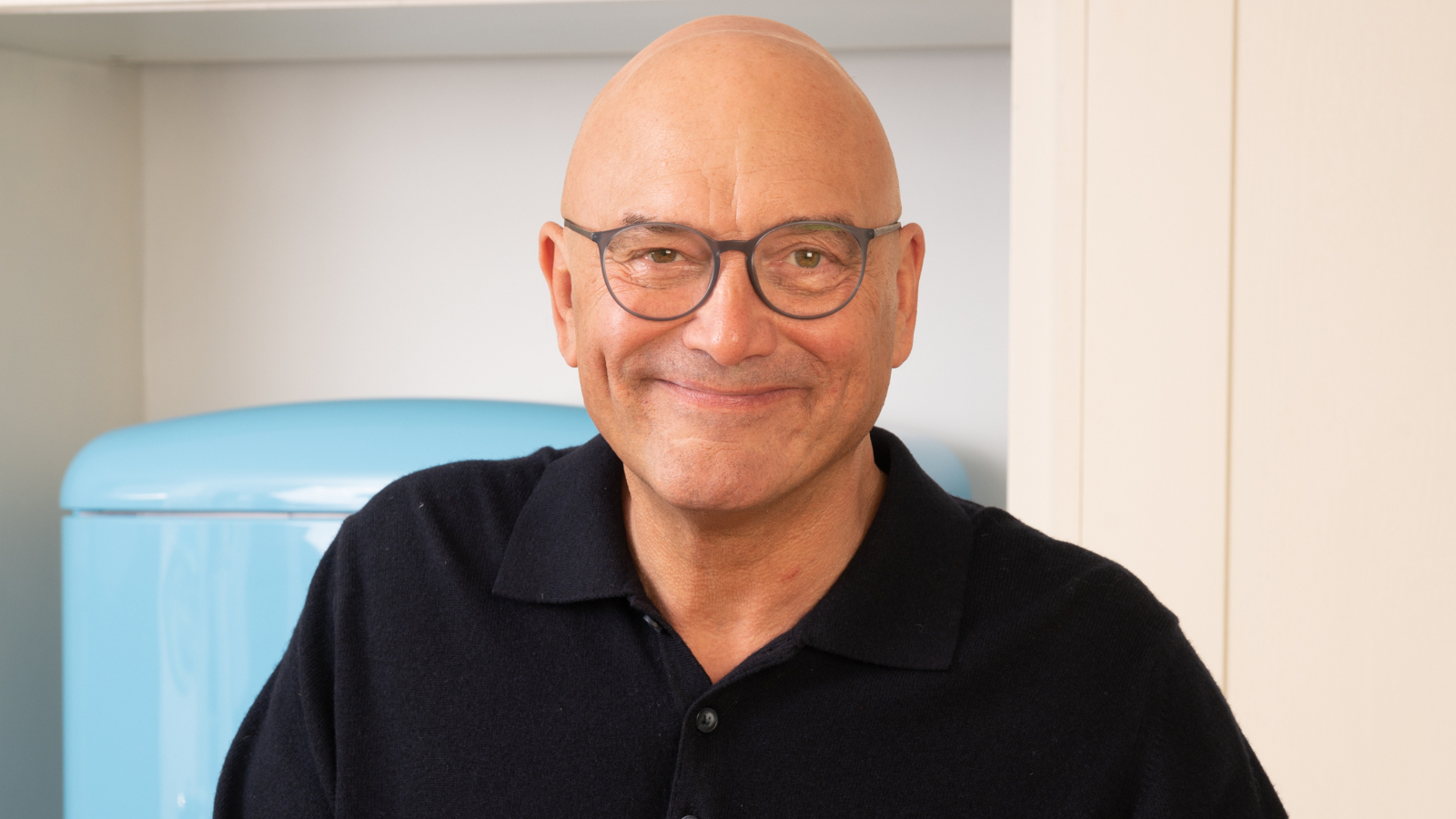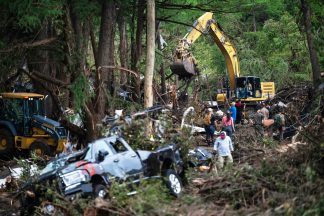A new ten-year strategy aimed at reducing suicide in Scotland is set to be launched.
The strategy will focus on tackling the factors and inequalities that can lead to suicide.
It will involve national and local government to address “underlying social issues” that can cause people to feel suicidal.
Support will be widened to anyone affected by suicide, including families, friends and carers under the strategy.
There will be investment in peer support to provide the opportunity for people to meet others to help guide their wellbeing and recovery.
Reaching people with a heightened risk of suicide, including work in key settings and communities, will be prioritised.
The needs of children and young people will be given a focus, while work will be undertaken with the media to support responsible reporting.
Insights on poverty and marginalised groups will also be brought into work.
The Scottish Government has announced that it will fund the Scottish Recovery Network as part of an initial three-year plan.
Mental wellbeing minister Kevin Stewart described it as a “new approach” being taken by the Government towards suicide prevention.
“Every death by suicide is a tragedy and while the number of deaths have fallen in recent years, I want to use every lever at our disposal to drive that down further,” he said.
“That’s why we are taking a new approach to suicide prevention – considering all the social issues that can lead people to feel suicidal, while supporting those contemplating suicide and their loved ones.
“Peer support is an effective way to support people in their communities, helping them to feel heard and understood.
“I’m pleased this strategy will provide funding for the Scottish Recovery Network to continue its vital work for people experiencing and recovering from mental health issues.”
Councillor Paul Kelly, COSLA health and social care spokesperson, explained the strategy will see work which reaches beyond traditional settings.
“This approach to suicide prevention will build on the work taking place across local areas in Scotland,” said Kelly.
“It will see the partnerships across communities strengthened and build on the collaboration between local and national work to ensure we share the knowledge and insights to help drive suicide prevention forward.
“This strategy will see work which reaches into new areas beyond the traditional settings of health and social care such as education, justice and physical activity so we can truly see suicide prevention as everyone’s business.”
When life is difficult, Samaritans are here – day or night, 365 days a year. You can call them for free on 116 123, email them at jo@samaritans.org, or visit samaritans.org to find your nearest branch.
Follow STV News on WhatsApp
Scan the QR code on your mobile device for all the latest news from around the country


 iStock
iStock




















